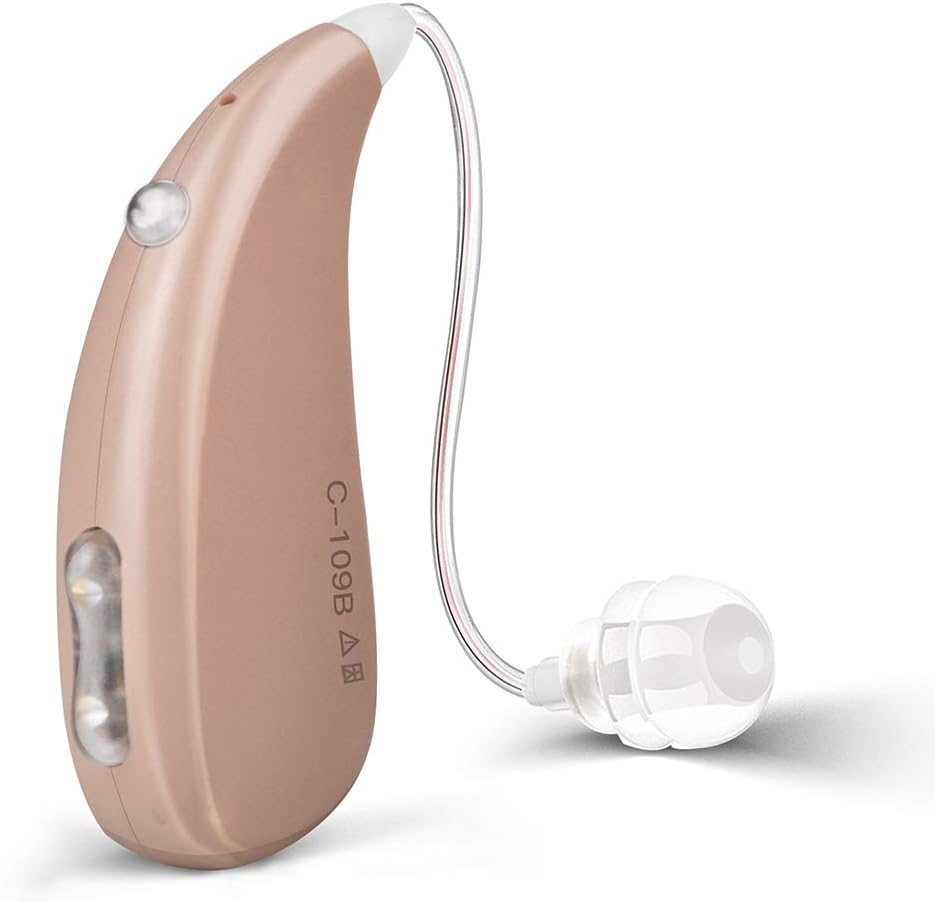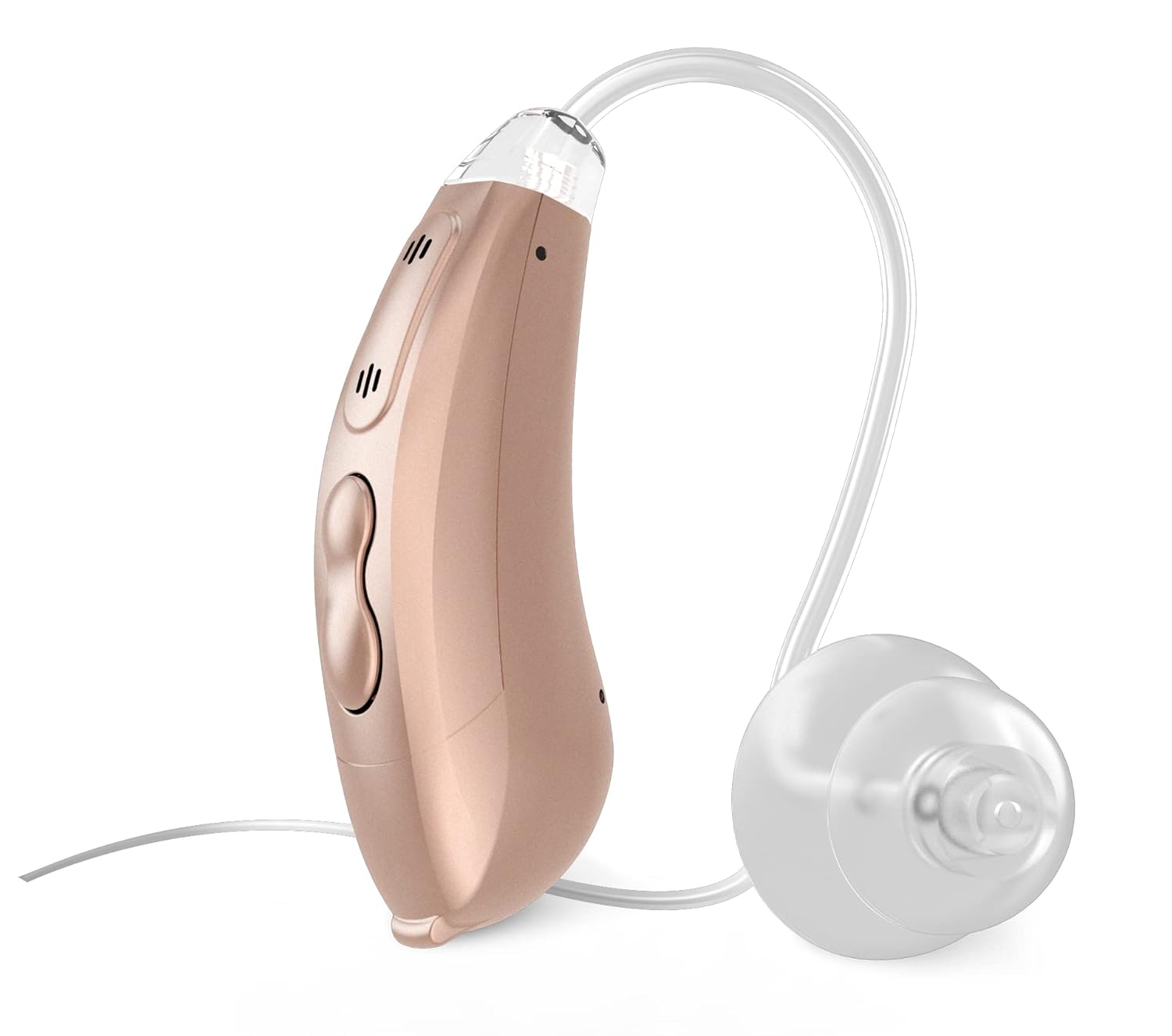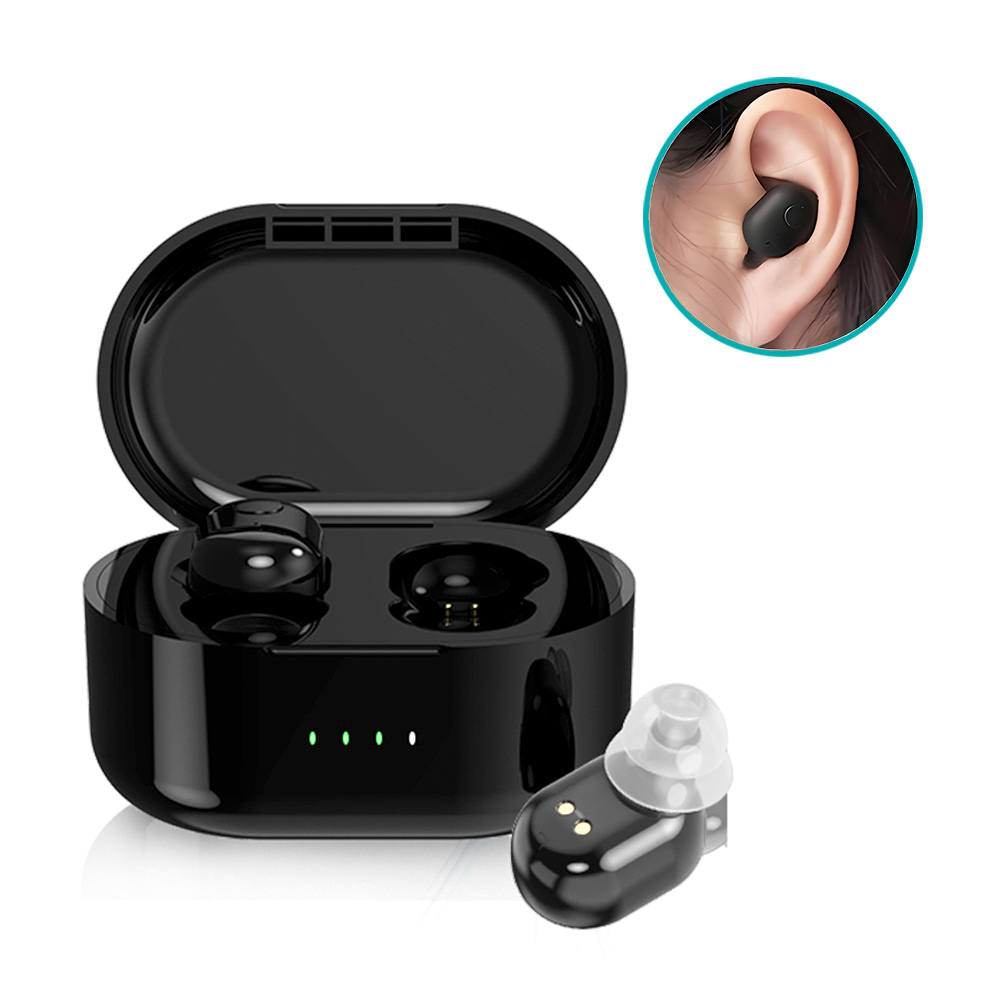 On August 26, National Dog Day, we reflect on the many known benefits that come from spending time with dogs. Research continuously shows that owning a dog can provide positive health benefits, such as lowering levels of stress and blood pressure and promoting a more active lifestyle. We can also learn a lot from dogs regarding what it takes to lead healthy and vital lives in older age. Recent research has connected hearing loss in older dogs with lower quality of life, leading to a decrease in the dog’s activity, interests, and desire to be with their human or pet companions. The research also shows that dogs with hearing loss have a higher prevalence of “doggie dementia” symptoms such as disorientation, difficulty eating and finding food and water, or repetitive and restless movements.
On August 26, National Dog Day, we reflect on the many known benefits that come from spending time with dogs. Research continuously shows that owning a dog can provide positive health benefits, such as lowering levels of stress and blood pressure and promoting a more active lifestyle. We can also learn a lot from dogs regarding what it takes to lead healthy and vital lives in older age. Recent research has connected hearing loss in older dogs with lower quality of life, leading to a decrease in the dog’s activity, interests, and desire to be with their human or pet companions. The research also shows that dogs with hearing loss have a higher prevalence of “doggie dementia” symptoms such as disorientation, difficulty eating and finding food and water, or repetitive and restless movements.
This research aligns with what we have known about hearing loss in humans for years; Mild hearing loss doubles the risk of dementia, moderate hearing loss triples the risk, and those with severe hearing impairment are five times more likely to develop dementia.1 In fact, untreated hearing loss in humans was found to be the top modifiable risk factor of developing dementia in later life.2 This means that hearing loss, a treatable disorder, had the biggest impact on dementia symptoms when left for too long without treatment. Hearing loss was even ranked as a higher risk factor of dementia than smoking, obesity, and physical inactivity.
The link between hearing and brain functioning is still being studied, however it is thought that hearing loss causes the brain to spend too much energy trying to hear or process sounds which takes away the energy used for memory and thinking. We also know that hearing loss increases the risk of social isolation and loneliness, which is another risk factor of dementia.3
You should never try to treat your dog’s health without the guidance of a professional, and unfortunately dog hearing aids are not available to the public, although research is being conducted on what technology may work for animal ears. Luckily this is not the case for humans. Hearing technology has been available for decades and can now be found in small, discreet styles which a hearing professional can fit to your unique hearing loss. Furthermore, a hearing test is quick and simple and may be one of the least invasive medical checks that you can add to your health routine. If you are beyond the age of 60, work in a noisy environment or have frequent exposure to loud noises, an annual hearing check is recommended.
You wouldn’t want your furry friend to feel isolated or be at risk of dementia, so why would you dismiss your own hearing loss or that of a loved one? Speak with a hearing professional today to get your hearing checked and learn about the treatment options that are available to you. And don't forget to hug your dog today!







